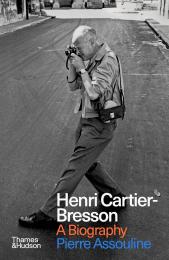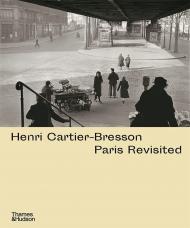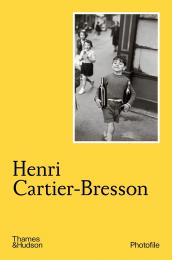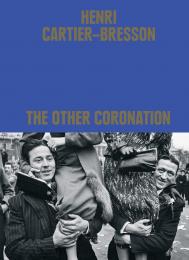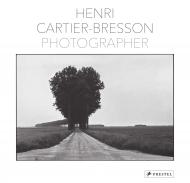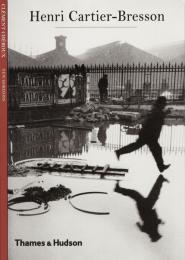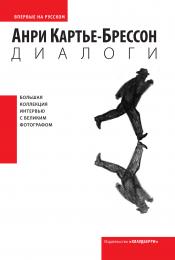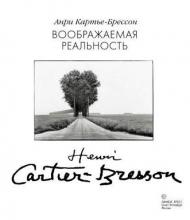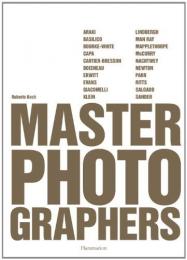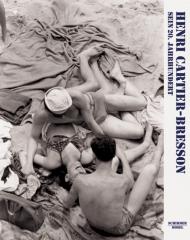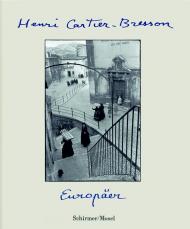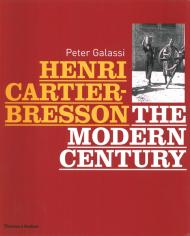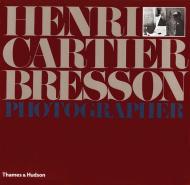This elegant, large-format volume presents twenty masters of photography via 300 extraordinary authorial photographs, providing a broad yet accessible overview of twentieth-century photography.
From Man Rays pioneering experimentations to the elegant and provocative fashion shots of Helmut Newton and Herb Ritts, this volume showcases masters of their craft across different photographic genres, from reportage and documentary to art and portraiture to fashion and glamour photography.
For each artist featured, a 22-page portfolio of their iconic images provides a comprehensive overview of their oeuvre.
Each section opens with an insightful introduction to the masters work and includes a concise biography of the photographer. Images are accompanied by insightful, engaging commentary from the specialist authors and contextualized by original essays that shed light on the stories, motivations, and techniques behind each shot.
Featuring a striking, elegant design and large format, Master Photographers brings a host of stunning works into sharp focus and incorporates a truly international cast of photographers.
From French masters such as Robert Doisneau and Henri Cartier-Bresson, to the wit and charm of Englishman Martin Parr, via the provocative oeuvre of Japanese photographer Araki Nobuyoshi, and the powerful portraits of Americans Walker Evans and Elliot Erwitt, this volume provides a fascinating insight into the work of the most innovative and important photographers of recent times.
A discerning introduction to and a celebration of the legendary masters of twentieth-century photography, this volume is perfect for amateurs and aficionados alike.
Master Photographers features the work of Araki Nobuyoshi, Gabriele Basilico, Margaret Bourke-White, Robert Capa, Henri Cartier-Bresson, Robert Doisneau, Elliott Erwitt, Walker Evans, Mario Giacomelli, Mimmo Jodice, William Klein, Peter Lindbergh, Man Ray, Robert Mapplethorpe, James Nachtwey, Helmut Newton, Martin Parr, Herb Ritts, Sebastiao Salgado, and August Sander.
_______________
Люди, які визначили фотомистецтво 20-го століття. Культові знімки найкращих фотографів свого часу. Знаменні кадри та їх творці, різноманітність жанрів та тематик. Все це зібрано під однією обкладинкою у чудово оформленому виданні.
300 чудових авторських фотографій від двадцятки найкращих майстрів свого часу зібрано до першокласної великоформатної книги. Ця колекція - чудовий тлумачний огляд фотографії 20-го століття. Від новаторських експериментів Ман Рея до елегантних та провокаційних фешн-знімків Хельмута Ньютона та Херба Рітца, у цьому солідному виданні представлені роботи двадцяти легендарних фотографів, справді майстрів своєї справи у різних жанрах – від фоторепортажів та документальної фотографії до художньої та портретної зйомки.
Портфоліо кожного фотографа, представленого тут, включає добірку його найвидатніших знімків, інформацію про його творчу спадщину в цілому, коротку біографію та коментар до кожної з вибраних фотографій. Елегантний дизайн книги та її великий формат дозволяють насолодитися цими культовими знімками. На вас чекають фотографії, які відіграли ключову роль у фотомистецтві, сформували і перетворили цей жанр на те, чим він є тепер.
На вас чекає зіркова двадцятка легенд фотографії - Нобуєсі Аракі, Габріеле Базиліко, Маргарет Бурк-Уайт, Роберт Капа, Анрі Картьє-Брессон, Робер Дуано, Еліотт Ервітт, Уокер Еванс, Маріо Джакомеллі, Міммо Йодіче, Вільям Кейл Мепплторп, Джеймс Нахтвей, Хельмут Ньютон, Мартін Парр, Херб Рітц, Себастіо Сальгадо та Август Зандер.
